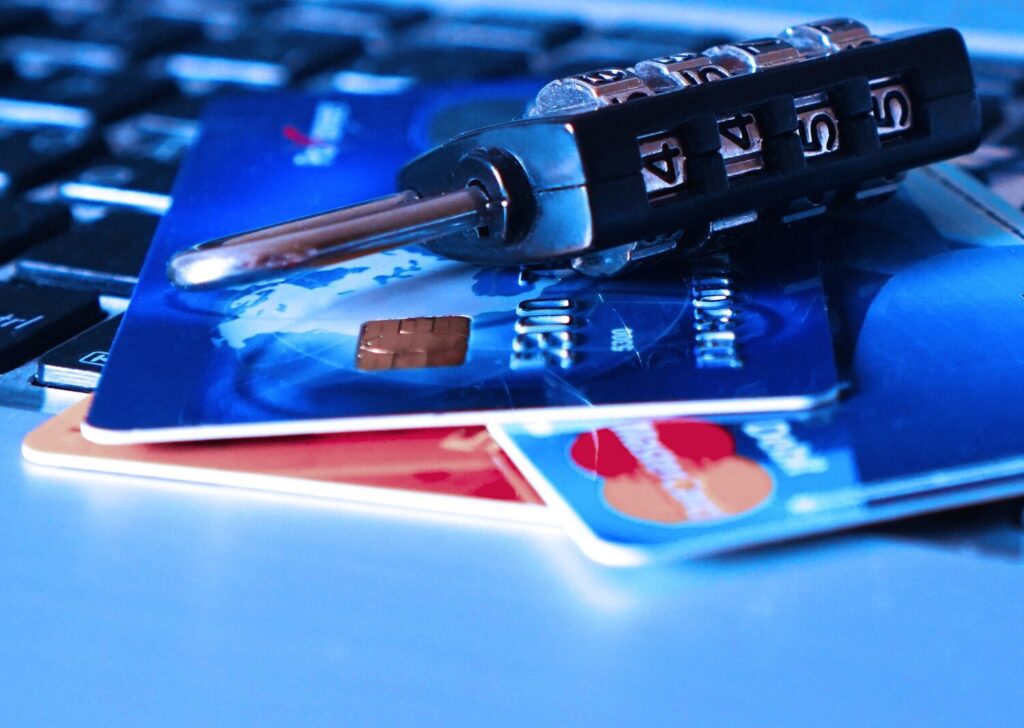
Protecting Your Identity And Personal Documents As a Digital Nomad
In the 20 years that I’ve been traveling, I must admit that I’ve been pretty lucky. I’ve only had fraudulent charges appear on one of my credit cards, which I quickly canceled after checking my monthly transactions. I’ve only had one close call with my passport, where I left it in the pocket of the seat in front of me on a flight and realized it as soon as I reached the terminal. After ten minutes of walkie-talkie communication between the flight attendants, I had my passport back in my hand. Whew.
The Dangers of Credit Card Theft
Last year, however, my luck finally came to an end when I went to a concert in Accra, Ghana and left the venue with my friend at 1 am. As we walked away from the concert crowds to call an Uber driver, a group of 20-somethings came running down the hill, surrounded us, and took our purses, cutting the straps with knives. I had brought the actual copy of my US driver’s license with me along with one credit card and the one ATM card that I had. My friend lost both of her phones and credit cards. In a stroke of good luck, I had been wearing a money belt that the thieves did not see, which meant that I still had my phone and the key to our Airbnb, the only things that I had kept there. Because we had the phone, we also still had access to our Airbnb address and were able to get home.
To get my ATM card back, I had to make calls to the US and have it delivered to my aunt’s house. She then mailed it to a friend in Japan, where I would be going next. Fortunately, my friend actually lived in Japan and had a mailbox where she could accept mail, and I had enough lead time to make this all happen. I still haven’t been able to get my driver’s license back because I need to physically go back to the US to make it happen. My friend had to buy new phones, cancel credit cards, and wait longer in the UK than she had originally anticipated to receive them.
This experience in Ghana made me realize how vulnerable we can be on the road as digital nomads. If we lose something, it’s difficult or more expensive to get it back because it often requires to fly somewhere last minute.
9 Ways to Protect Your Documents
Here are a list of 9 things that may help you protect your identity and personal documents when you are traveling so that you can avoid being stuck in the middle of nowhere with no phone and no money.
This is especially important when you go to an event with a lot of people where you might become a target for pickpockets or people trolling the area. I would also advise the same for going out at night to places that have a reputation for being more dangerous. If you can somehow avoid bringing your phone altogether, do it.
Bring two copies of your passport with you on your trip.
I find it hard to find a printer or a copy machine these days, but on my future trips, I will always be bringing a copy of my passport out to bars or events rather than any actual personal documents. Paper copies also trump digital copies because in a real emergency, especially if you are unconscious, people will find the copy of your document on you. They will not be able to get into your phone and find it.
Get two copies of your ATM card from your bank.
If you must bring one out with you, leave the other copy at home. This will allow you to keep traveling with little interruption until you can order another copy and pick it up on your next trip home.
Bring a minimum of two credit cards with you on your trip.
When my credit card was taken at the concert, I was so happy to have another card with no foreign exchange fees that I could use immediately. I had a new copy of my former credit card, which I had been using to earn airline miles, mailed to my friend in Japan.
Keep a paper copy of your current address with you on paper. Keep it in your shoe.
This may sound wild or over the top, but one way to ensure that you will still know where you live if you suddenly lose everything is to write your address down on paper and keep this little slip of paper in your shoe. Write down a contact number for your apartment/hotel host on this same strip of paper. Think about what you will be able to access from a stranger’s phone if you need it. A stranger will be able to call someone for you but not log on to your Airbnb app and send a message. I actually don’t have my Airbnb password memorized so this would’ve been no help if I had also lost my phone at the concert. If you don’t have your address, try to remember the name of a major landmark near your place and how to walk home from there.
Don’t log onto public Wifi networks if you can avoid it.
In terms of protecting your identity, you never know what is happening to your data when you log onto a public network that many strangers are also using. This is when data can get compromised in addition to credit card data or log-in passwords being stolen. Use a private VPN to encrypt your data or tether from your phone instead of using the public network.
If you are alone, don’t leave your belongings at your table when you use the bathroom at a café.
In most countries, this is not ok, even if the café feels very relaxed and you think the café baristas will watch over your things. It is not their responsibility, and you could find yourself suddenly without a laptop or a bag. Trust no one.
Check your credit card statements on a monthly basis.
I didn’t discover that my credit card had been compromised back in 2013 until a few weeks later. Set up personal alerts that your bank can send you when a purchase gets made, make sure PIN numbers are implemented, and set limits on how much you can spend. This will help protect you if your credit card does get stolen.
Sleep with your laptop in your bedroom and lock the door.
If you’re staying in a 1-bedroom or larger place, keep your laptop in the bedroom with you during the night instead of the dining room or a desk in a different bedroom. In the unlikely event that your place gets broken into, you will have a better chance of protecting your laptop if it’s already close to you. I sleep with earplugs, so I wouldn’t even hear if something was going on in another room at night, which is why I like to keep my laptop in the same room.
The digital nomad lifestyle offers unparalleled freedom and flexibility, but it also comes with unique challenges in protecting one’s identity. By understanding the risks and implementing these security measures, your risk of suddenly being in a financially vulnerable situation will be greatly reduced. Staying informed and proactive about security will ensure that your adventures remain safe and enjoyable.

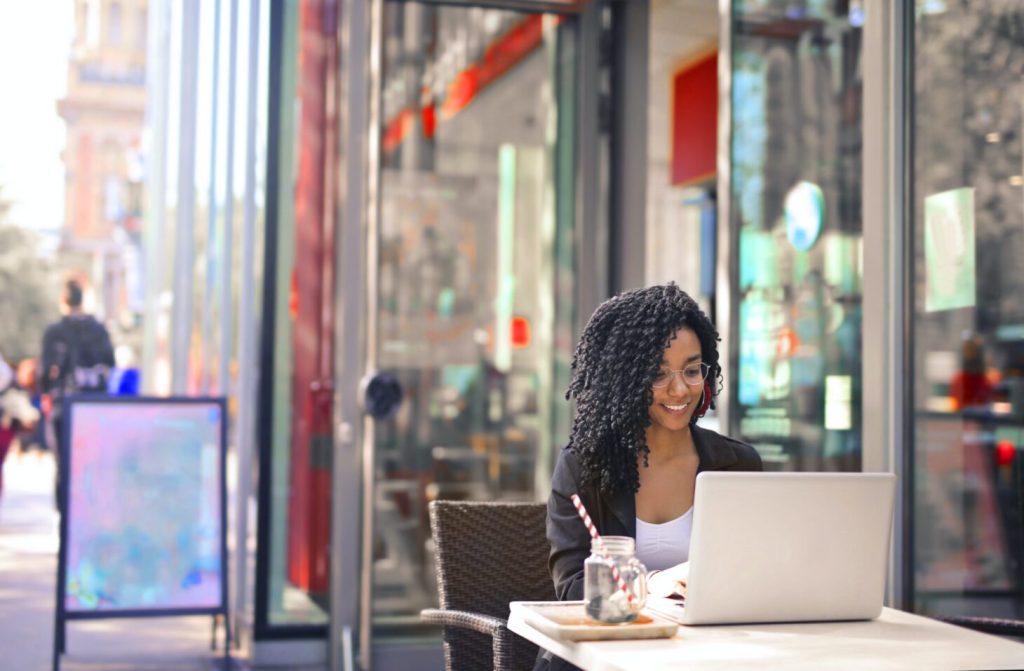
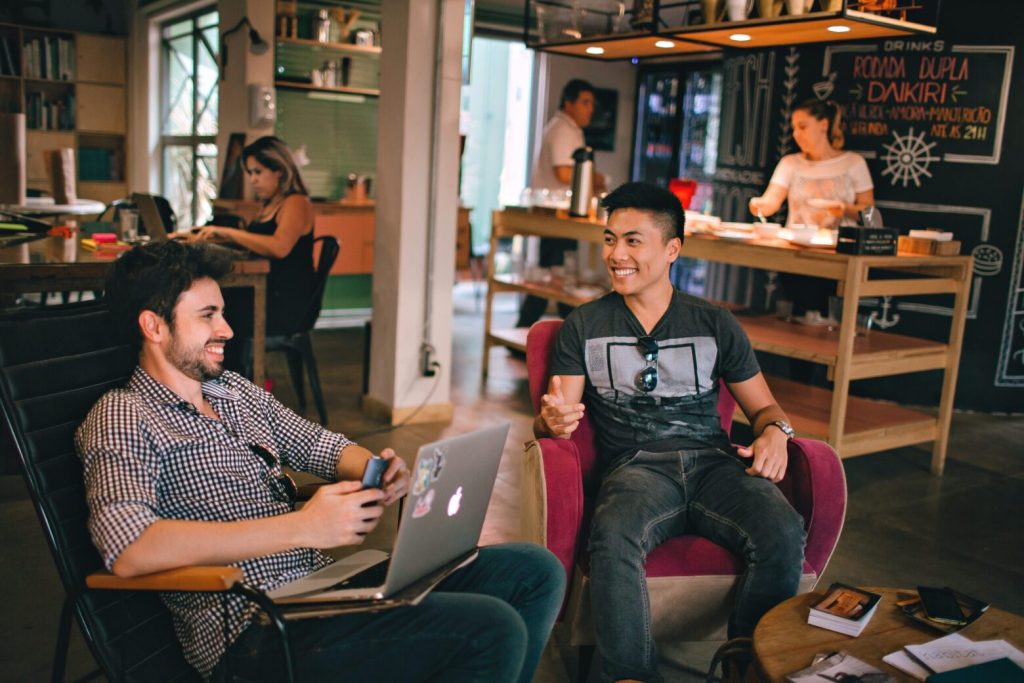
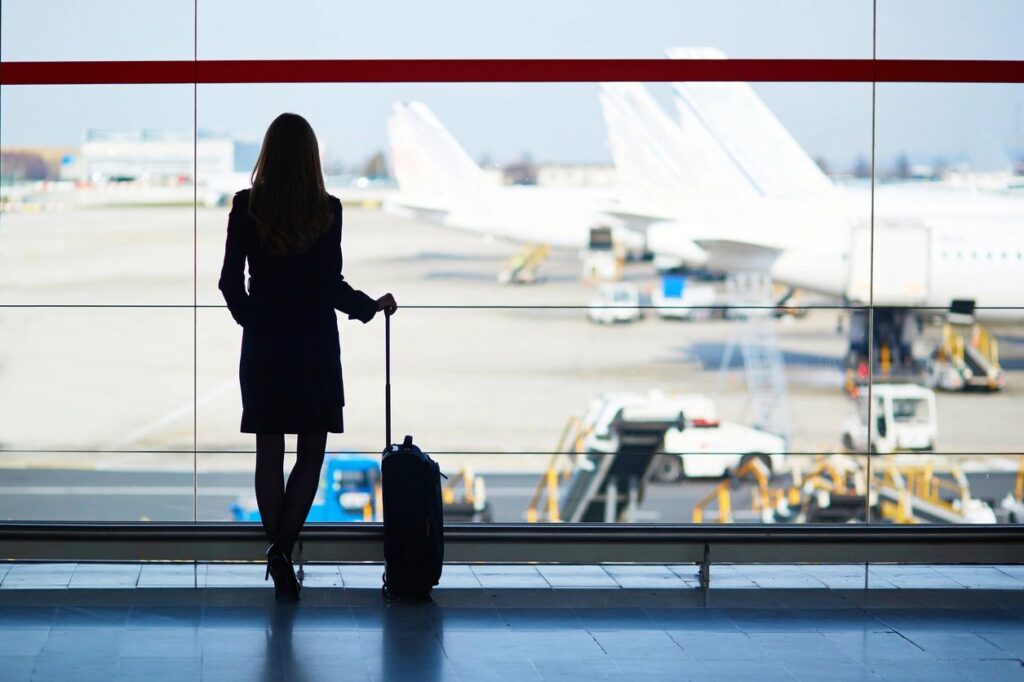
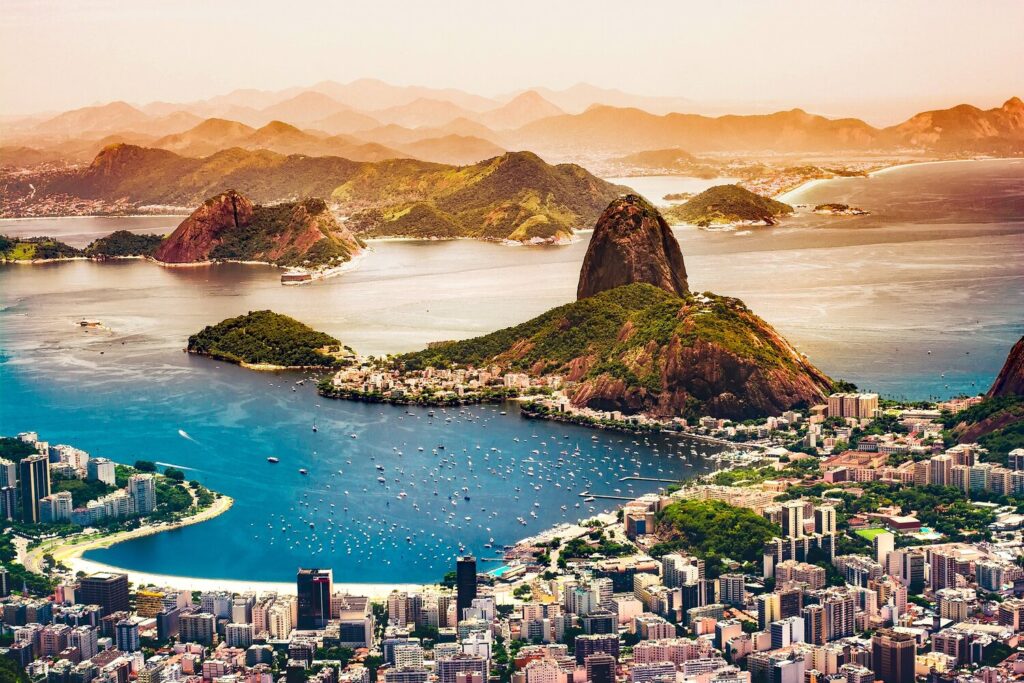
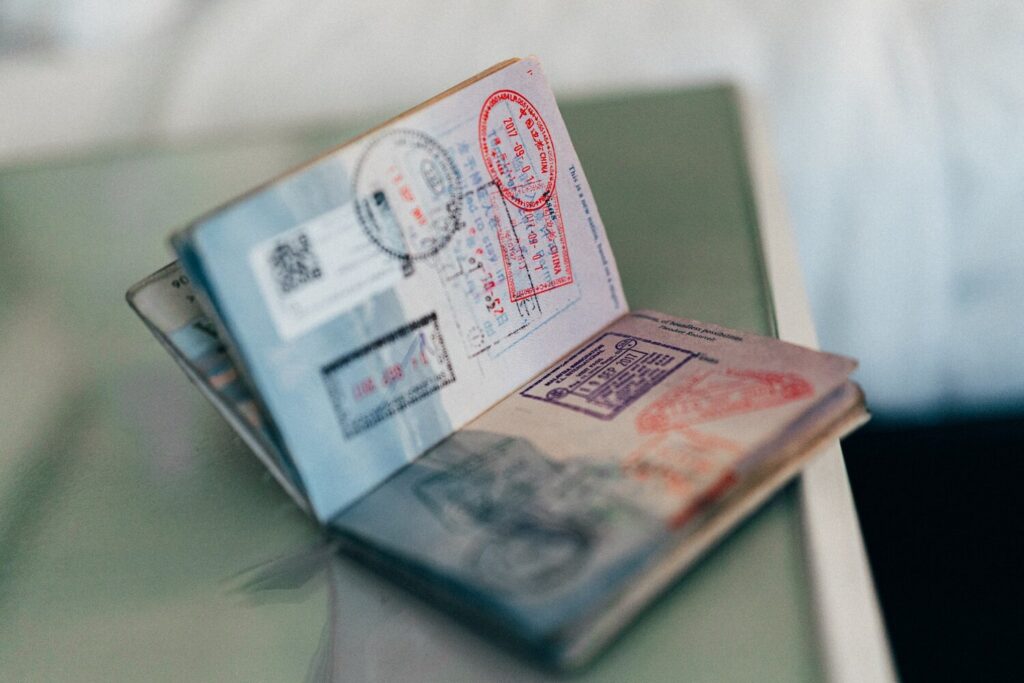

Responses